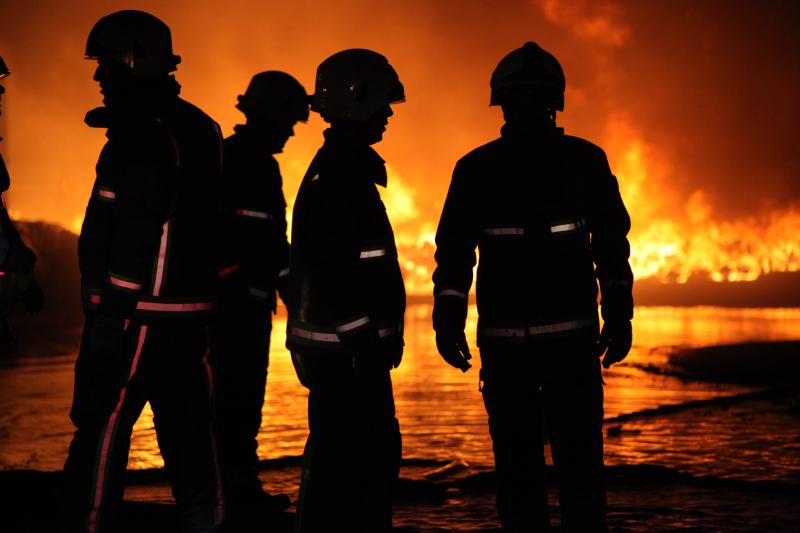
A recent study has shown an increased cardiovascular risk among firefighters than referent controls when comparing those within the same blood pressure (BP) category. This suggests that firefighters with elevated BP and hypertension may be at increased risk of adverse prognosis.
A total of 8,242 firefighters and 28,678 referent controls (aged >40 years) who underwent baseline health examinations in 2002 and 2003 were enrolled in this study. The authors examined records of hospitalization and mortality until 2015.
Subcohort analysis using a propensity score-matched (PSM) cohort, with respect to job classification, was performed to assess the causal effect of BP on major adverse cardiovascular events (MACEs).
Compared with normal BP, hypertension correlated with a significant increase in the risk of MACEs in both firefighters and the age–sex matched cohort. In participants with elevated BP, however, hypertension significantly increased MACE risk only among firefighters (hazard ratio [HR], 1.41, 95 percent confidence interval [CI], 1.06–1.88).
In the PSM cohort, the risk of death or hospitalization from MACEs (HR, 1.29, 95 percent CI, 1.14–1.47), myocardial infarction (HR, 1.24, 95 percent CI, 1.07–1.43) and ischaemic stroke (HR, 1.43, 95 percent CI, 1.12–1.82) was significantly higher among firefighters than controls.
In addition, MACE risk was higher in firefighters with elevated BP (HR, 1.58, 95 percent CI, 1.04–2.40), stage 1 (HR, 1.24, 95 percent CI, 1.00–1.52) and stage 2 (HR, 1.39, 95 percent CI, 1.13–1.71) hypertension than in PSM controls.